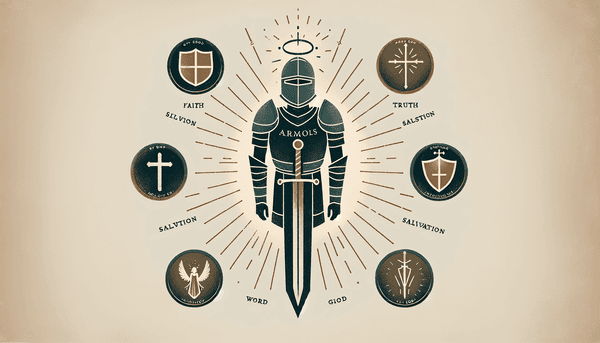Disillusionment in the Psalms
The Psalms poignantly capture the raw emotions of the human soul—despair, longing, and sometimes disillusionment. Yet, they also offer a pathway from the depths of despondency to the heights of hope. The psalmist in Psalm 42:11 questions, 'Why, my soul, are you downcast? Why so disturbed within me?' This introspection leads to a profound truth: even in the darkest moments, we can 'Put your hope in God, for I will yet praise him, my Savior and my God.' The psalmist's journey reflects our own—the ability to lament, to question, and ultimately, to find solace in the steadfastness of God's love.
Faith Described in the Book of Hebrews
The book of Hebrews offers a profound definition of faith, describing it as 'confidence in what we hope for and assurance about what we do not see' (Hebrews 11:1). Through faith, biblical heroes like Abraham and Moses lived lives of extraordinary conviction, despite not seeing the full picture of God's plan. Faith is presented not merely as a feeling or a belief, but as an active trust in God's promises. It is this unwavering faith that enables believers to navigate the uncertainties of life, trusting that God's purposes will prevail, even when the path is not yet visible. For a deeper exploration of Christian beliefs and practices, consider reading our related article.
The Resurrection at the End of Times
The promise of resurrection stands as a cornerstone of Christian hope. Scriptures such as 1 Corinthians 15:51-52 and 1 Thessalonians 4:16-17 depict a time when the mortal will be clothed with immortality, and believers will be caught up to meet the Lord. This glorious hope transcends the fear of death, offering believers the assurance of eternal life with God. The resurrection signifies the ultimate victory over sin and death, affirming that in Christ, life is everlasting. As Christians, we live with the expectation of this resurrection, allowing it to shape our lives and our faith in profound ways.






